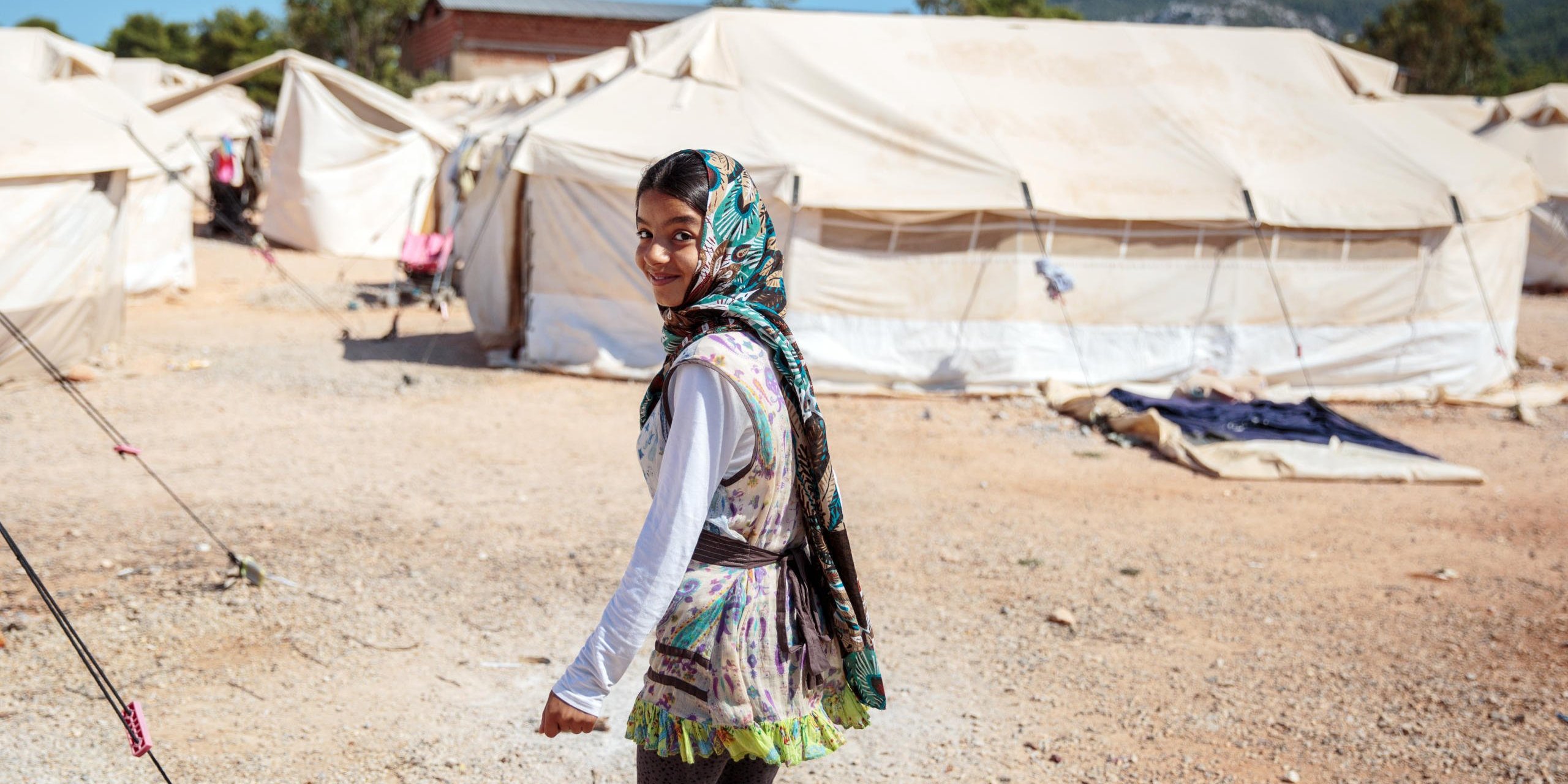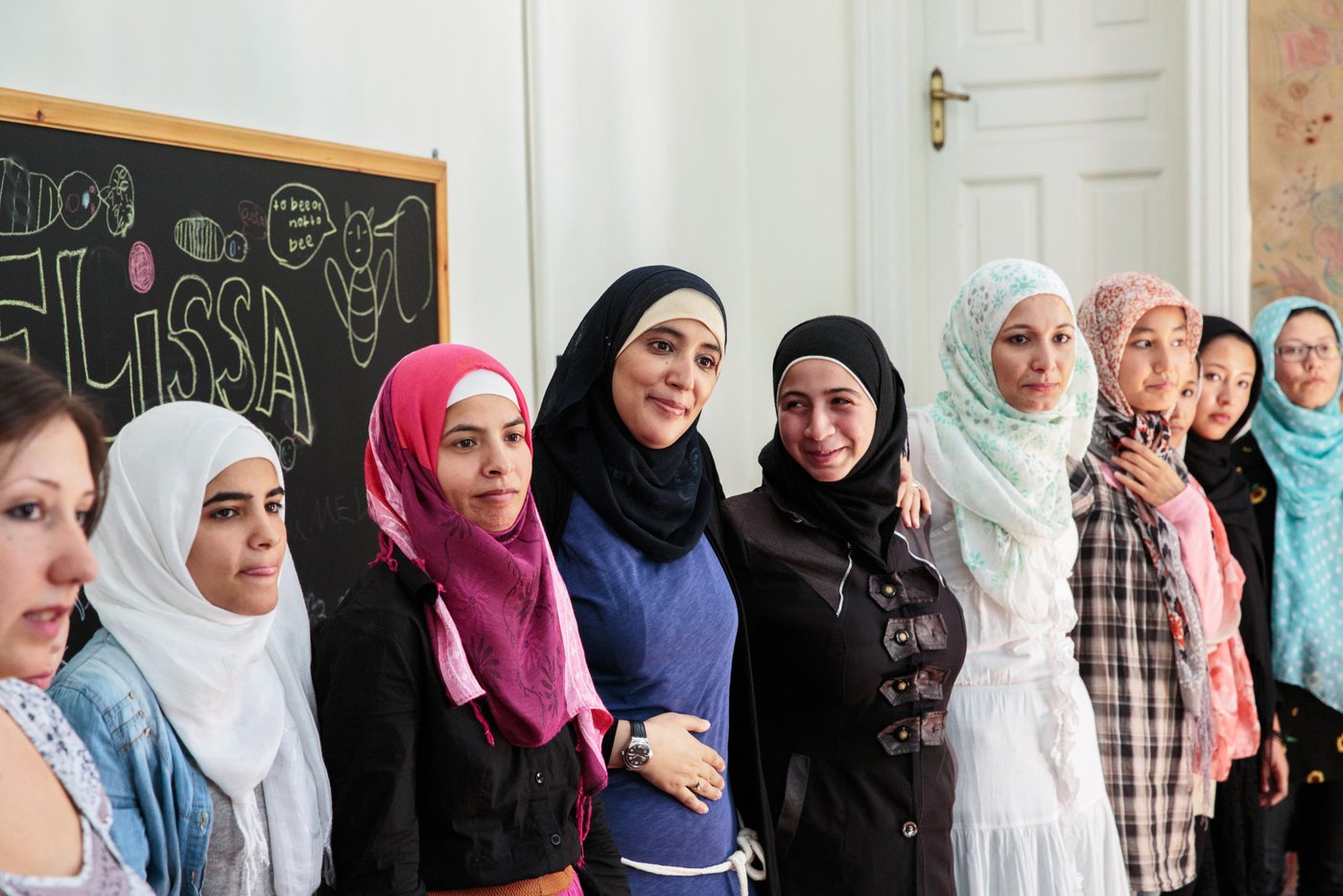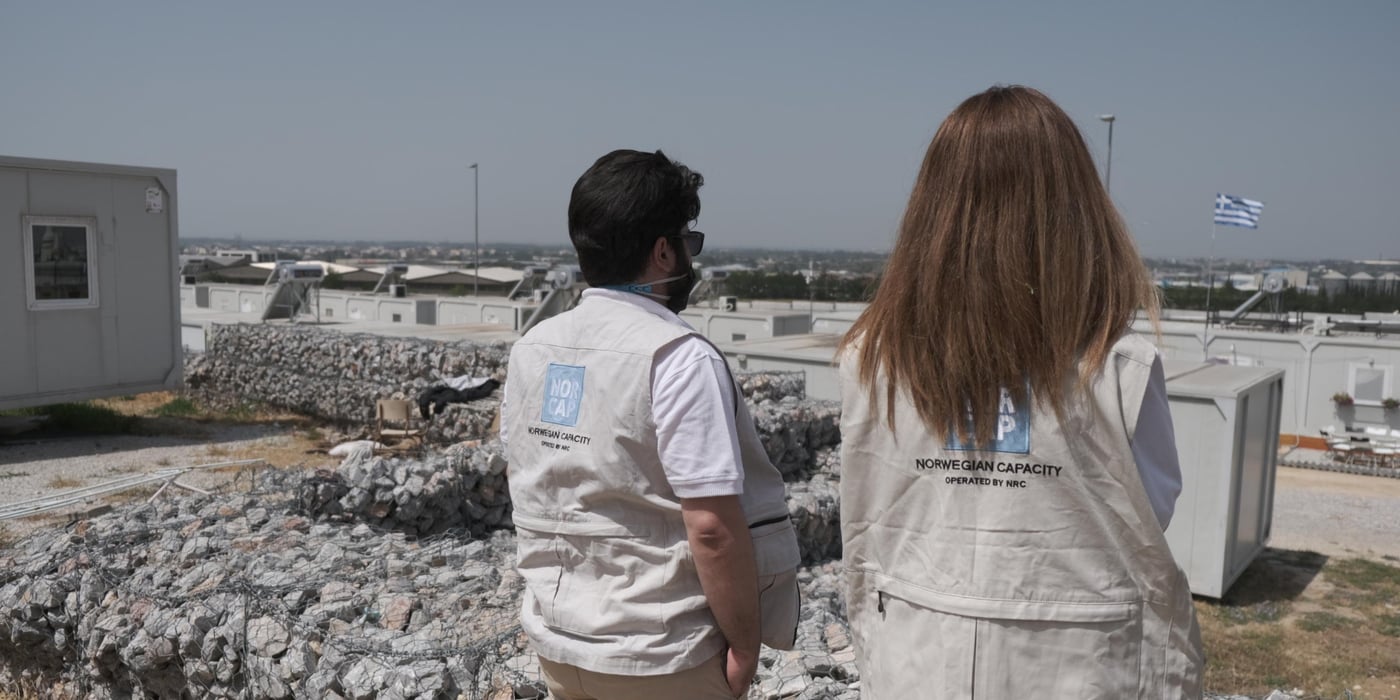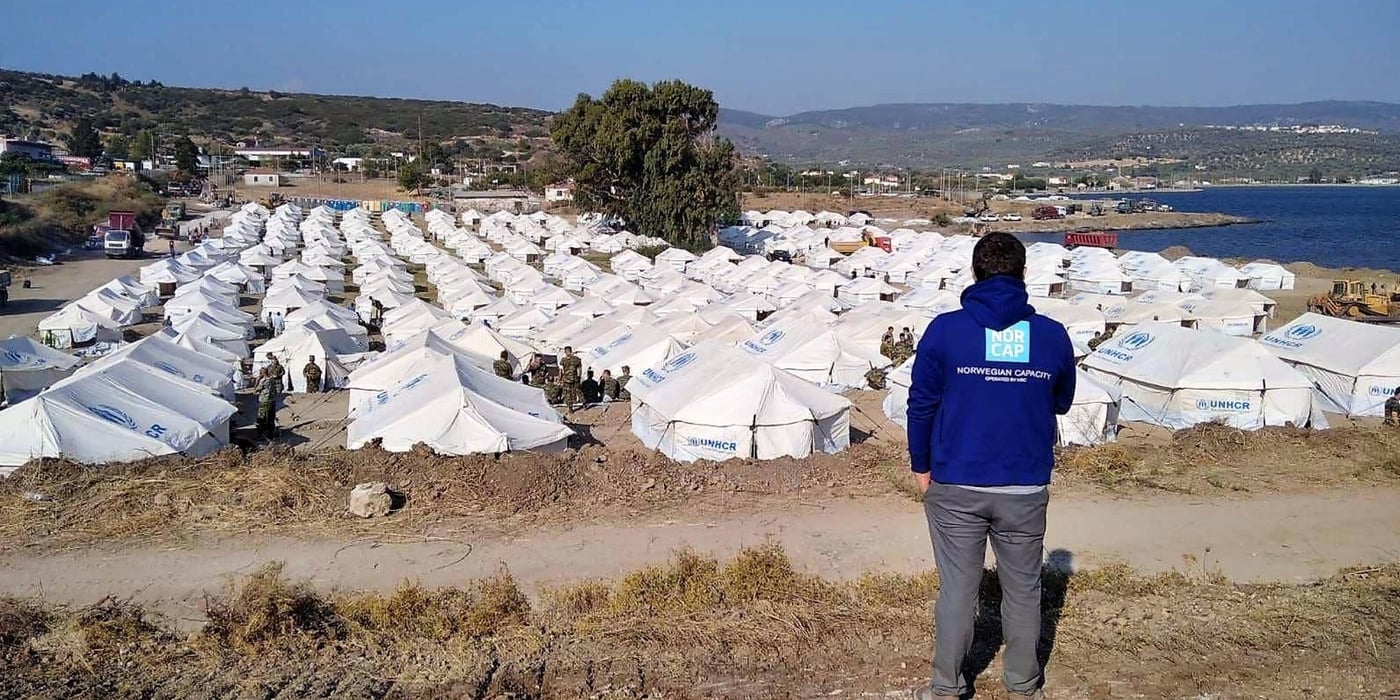
Today, the world is young. Youth between the ages of 15 and 24 make up almost one quarter of the world’s population. Refugees and migrants are no exception. Youth represent 33 per cent of those who are on the move globally.
One in three
Since 2015, over a million people fleeing war, poverty and natural disaster have made the dangerous journey across the Mediterranean in the hope of finding peace and a dignified life in Europe. Out of the 60,000 refugees stranded in Greece, 30 per cent are youth. They live in dire and stressful conditions.
Despite their high numbers, humanitarian assistance rarely target youth, who are perhaps the most underserved among the displaced. The capacities and diverse needs of refugee youth are often overlooked.
Without education, you do not have future development in your life. A well educated person knows how to go ahead in her life.Afghan/Iraqi youth residing in Athens.
Want to continue their education
“Don’t Forget Us”, a new report by Mercy Corps and the Norwegian Refugee Council (NRC), highlights the voices and experiences of young refugees in Greece. Through discussion with 120 adolescents and youth from 11 different countries residing on Greek islands and mainland sites, the study is the first of its kind in Greece.
A major ask from all the refugee youth is a chance to continue their education. They see education as a way to improve their life and have a positive future.
“Without education, you do not have future development in your life. A well educated person knows how to go ahead in her life,” said an Afghan/Iraqi female youth in Athens.

Little funding to education
Many of the young women and men had their education disrupted in their own country, due to displacement, attacks on schools, or poverty. Their hopes of being able to continue their education in Europe is now vanishing, as there are very few education opportunities provided to refugees in Greece. Education is the least funded of all humanitarian sectors globally, with less than 2 per cent of humanitarian funding going to education. It continues to be under-prioritised in humanitarian assistance, and Greece is no exception.
The study found that the young women and men are motivated, ambitious and keen to contribute positively to help overcome the difficult reality they face. As expressed by a male youth from Syria living in Oreokastro camp in Thessaloniki:
“We are bored of our empty time. Can you give us something? I would like to learn language and then helping others. Even if I have no salary, I will participate and I will support. Just let our time be full with something.”
We are bored of our empty time. Can you give us something? I would like to learn language and then helping others. Even if I have no salary, I will participate and I will support. Just let our time be full with something.Syrian youth living in Oreokastro camp
Lack of health care
Through the study, youth expressed concern about the lack of health care provided to refugees; clearly suffering from stress, decreased psychosocial well-being and have fears about safety and gender-based violence. Yet, they show an overwhelming desire to contribute, a keen interest in continuing their education, show care for others and a willingness to contribute if only they were given the chance.
“Youth are at the core of any community and they have made it clear through this report that they can and desperately want to fulfil their potential and support their community, even in times of adversity. We must recognise, engage and support them and end the marginalisation of young people in humanitarian response,” said NRC youth specialist Emma Bonar.
The study challenges governments and humanitarian workers to move away from the status quo of stereotyping youth. Echoing the call for UN Member States, the UN, civil society, private sector, media, local authorities and youth-led organisations through the Global Compact for Young People in Humanitarian Action, the report urges us to meaningfully engage young people. To provide them with opportunities to take leadership and volunteering roles and participation in decision-making that affects them. Unless their voices are heard and their capacity acknowledged, these young people will continue to be left behind.
Mercy Corps and NRC are members of the Compact for Young People in Humanitarian Contexts. For more information see the compact’s commitments.




